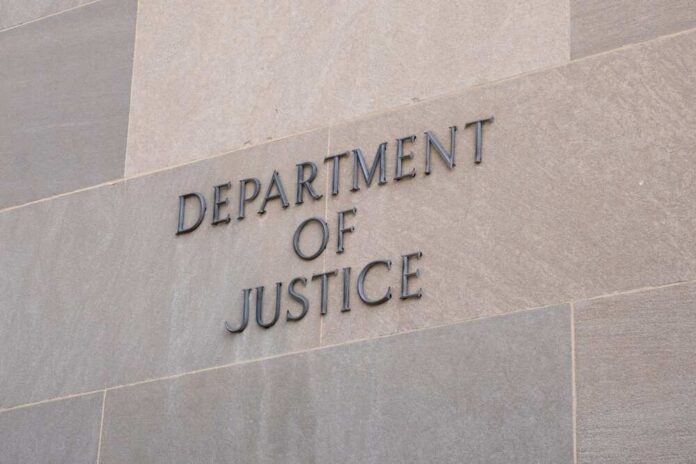
Special Counsel Jack Smith considers ending federal prosecutions against former President Trump as legal complexities mount.
At a Glance
- Jack Smith is in discussions with the DOJ to end federal prosecutions of Donald Trump
- Cases involve Trump’s efforts to overturn the 2020 election and handling of classified documents
- DOJ policy prevents prosecuting a sitting president, influencing the decision
- Trump’s legal team challenges Smith’s appointment and delays proceedings
- State cases in New York and Georgia may only be delayed if Trump wins the presidency
Smith Contemplates Ending Federal Prosecutions
Special Counsel Jack Smith is reportedly in active discussions with the Department of Justice about winding down federal prosecutions against former President Donald Trump. This development comes as Trump’s potential return to the presidency looms, complicating the legal landscape surrounding the high-profile cases.
Smith, appointed by Democrat U.S. Attorney General Merrick Garland in November 2022, has been overseeing investigations into Trump’s alleged mishandling of classified documents and efforts to interfere with the certification of the 2020 election. These cases led to historic indictments, marking the first time a former U.S. president faced federal charges.
Legal Hurdles and Policy Constraints
The potential end to federal prosecutions is largely influenced by longstanding Department of Justice policy, which prevents the indictment of a sitting president. This policy, based on a memo from 2000, asserts that prosecuting a sitting president would interfere with presidential duties.
Graham signaling prosecutions of Trump are at an end https://t.co/YO8vS3s4xq
— Igor Bobic (@igorbobic) November 6, 2024
“DOJ officials are looking at options for how to wind down Trump’s two criminal cases over his efforts to overturn the 2020 election and his handling of classified documents” Adding to the complexity, Trump’s legal team has successfully delayed proceedings in multiple cases and challenged Smith’s appointment, questioning its legality. These maneuvers, combined with potential appeals to the Supreme Court, have led DOJ officials to conclude that no trial could occur in the near future.
Political Implications and Criticism
The consideration to end federal prosecutions has drawn sharp criticism from various quarters. Republican Senator Lindsey Graham has characterized the charges as politically motivated, while others view the potential dismissal of cases as a threat to the justice system.
“To Jack Smith and your team: It is time to look forward to a new chapter in your legal careers as these politically motivated charges against President Trump hit a wall”
Former U.S. Attorney Joyce Vance expressed concern, stating, “The idea that you could win an election to avoid justice just cuts so deeply against my expectations for our legal system and for our politics too.” This sentiment reflects the broader debate about the intersection of political power and legal accountability.
State Cases and Civil Litigation
While federal cases may be winding down, Trump still faces legal challenges at the state level. Cases in New York and Georgia, including charges of falsifying business records and election interference, are unlikely to be dismissed even if Trump returns to the presidency. However, his election could potentially delay proceedings and sentencing in these cases.
Additionally, Trump’s civil cases, including defamation and fraud suits, are expected to proceed regardless of his political status. These cases, which have already resulted in significant judgments against Trump, underscore the ongoing legal challenges he faces beyond the realm of criminal prosecution.














